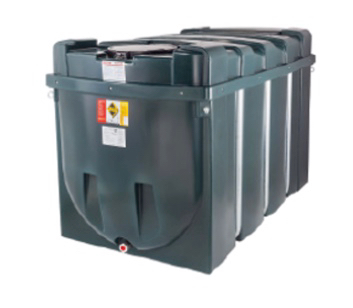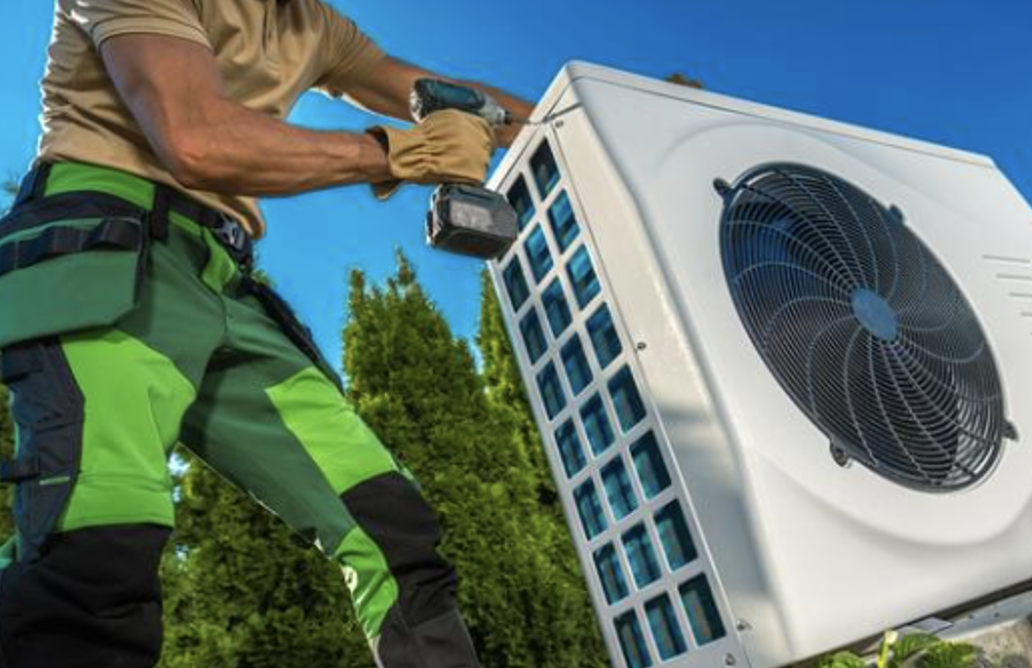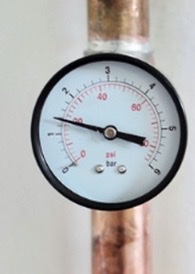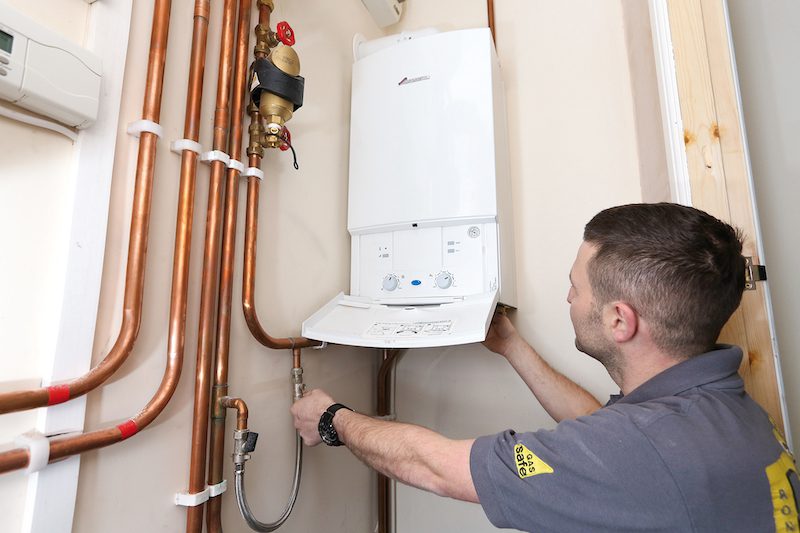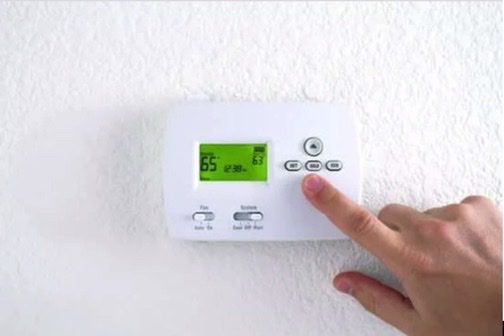The UK Government have committed to reducing Co2 emissions to reach the goal of reducing greenhouse gases in our atmosphere and combating climate change.
But What Heating Systems are Available?
Alternative systems including the use of renewable energy sources, such as wind, solar, and geothermal heating systems, allows the phasing out of oil-based heating systems easier and greener for property owners. Additionally, with the advancements in energy-efficient electric heating and heat pump technologies, it gives property owners a range of alternatives.
Heat Pumps & Alternative Heating Systems
Under the Government’s Heating and Building strategy, newly built homes built after 2025 will be fitted with an alternative heating system, such as heat pumps. Another alternative resource has been introduced from a project involving OFTEC, which involves a new renewable liquid-fuel called hydrotreated vegetable oil (HVO). A big advantage of this fuel is that it works well with existing oil heating systems, once simple modifications are made.
Oil Heating Systems after 2025
But don’t worry, properties built prior to 2025 with a sufficiently working oil-based heating system do not need to find an alternative heating system. However, after 2025, you will be unable to purchase an oil-based heating system if you find your current heating system needs replacing. The phasing-out process will take time, but it is an essential step in order to ensure a more sustainable energy future and something to be aware of if you are an oil boiler user.
As we also look what is happening with oil heating in other parts of the world.
With increasing concerns about climate change and the transition to renewable energy sources, there is growing speculation about the future of oil heating systems. As the world seeks cleaner and more sustainable alternatives, it begs the question: Is oil heating being phased out? In this article, we will explore the current state of oil heating, the environmental implications, government policies, and the potential alternatives that are reshaping the heating landscape.
1. The State of Oil Heating Today
- Oil heating systems have been widely used for residential and commercial heating for decades.
- Many homes and buildings still rely on oil furnaces or boilers to provide warmth and hot water.
- Oil heating has been a popular choice in regions with limited access to natural gas pipelines or colder climates where it provides reliable heating during harsh winters.
2. Environmental Concerns and Carbon Emissions
- Oil heating is a significant source of greenhouse gas emissions, primarily carbon dioxide (CO2) and other air pollutants, contributing to climate change and air quality issues.
- Burning oil releases carbon stored in the ground, increasing the concentration of CO2 in the atmosphere.
- The environmental impact of oil heating has prompted calls for transitioning to cleaner energy sources.
3. Government Policies and Renewable Energy Goals
- Many countries and regions have set ambitious renewable energy goals to reduce carbon emissions and combat climate change.
- Government policies are increasingly focused on phasing out fossil fuel-based heating systems, including oil heating, in favor of renewable alternatives.
- Incentives, rebates, and tax credits are often offered to encourage homeowners and businesses to transition to greener heating options.
4. Phasing Out Oil Heating: Regional Perspectives
4.1 Europe
- Several European countries, such as Denmark and Sweden, have made significant strides in phasing out oil heating.
- Bans on the installation of new oil heating systems and incentives for transitioning to renewable alternatives are common in these regions.
- The European Union’s ambitious target of carbon neutrality by 2050 is driving the shift away from fossil fuel-based heating.
4.2 United States
- While some states in the US have implemented measures to promote renewable energy, the country’s approach to phasing out oil heating varies significantly.
- States like Massachusetts and New York have set specific targets to phase out oil heating, while others have been slower to adopt such policies.
- Federal incentives and grants for renewable heating solutions are available to support the transition away from oil heating.
4.3 Canada
- Canada has taken steps to address the environmental impact of oil heating, particularly in provinces like British Columbia.
- Incentives and support for renewable heating technologies, such as heat pumps and solar thermal systems, are becoming more prevalent.
5. The Rise of Renewable Heating Alternatives
5.1 Heat Pumps
- Heat pumps are one of the most popular alternatives to oil heating.
- They extract heat from the air, ground, or water sources, making them highly efficient and environmentally friendly.
- Air source heat pumps are particularly accessible and can provide both heating and cooling for homes and businesses.
5.2 Biomass Heating
- Biomass heating utilizes organic materials such as wood pellets or chips to generate heat.
- Biomass boilers can replace traditional oil boilers with minimal adjustments to existing heating systems.
5.3 Solar Thermal Systems
- Solar thermal systems use sunlight to heat water for domestic or commercial use.
- They can be integrated into existing water heating systems, reducing the reliance on oil for hot water.
5.4 Geothermal Heating
- Geothermal heating harnesses the earth’s heat to provide heating and cooling.
- It is a stable and sustainable heating solution with lower operational costs over the long term.
6. Challenges and Considerations
- The upfront cost of transitioning to renewable heating alternatives can be a barrier for some homeowners and businesses.
- Retrofitting older buildings to accommodate new heating systems may require additional investments.
- The availability of renewable energy technologies may vary depending on geographical location and infrastructure.
Conclusion
The future of oil heating is undoubtedly facing significant challenges due to increasing environmental concerns and global efforts to combat climate change. Governments around the world are implementing policies to phase out fossil fuel-based heating systems, and renewable alternatives are becoming increasingly accessible and popular. While the transition to greener heating options may present some challenges, the benefits of reduced carbon emissions and a more sustainable future make it a critical and necessary journey to undertake.

